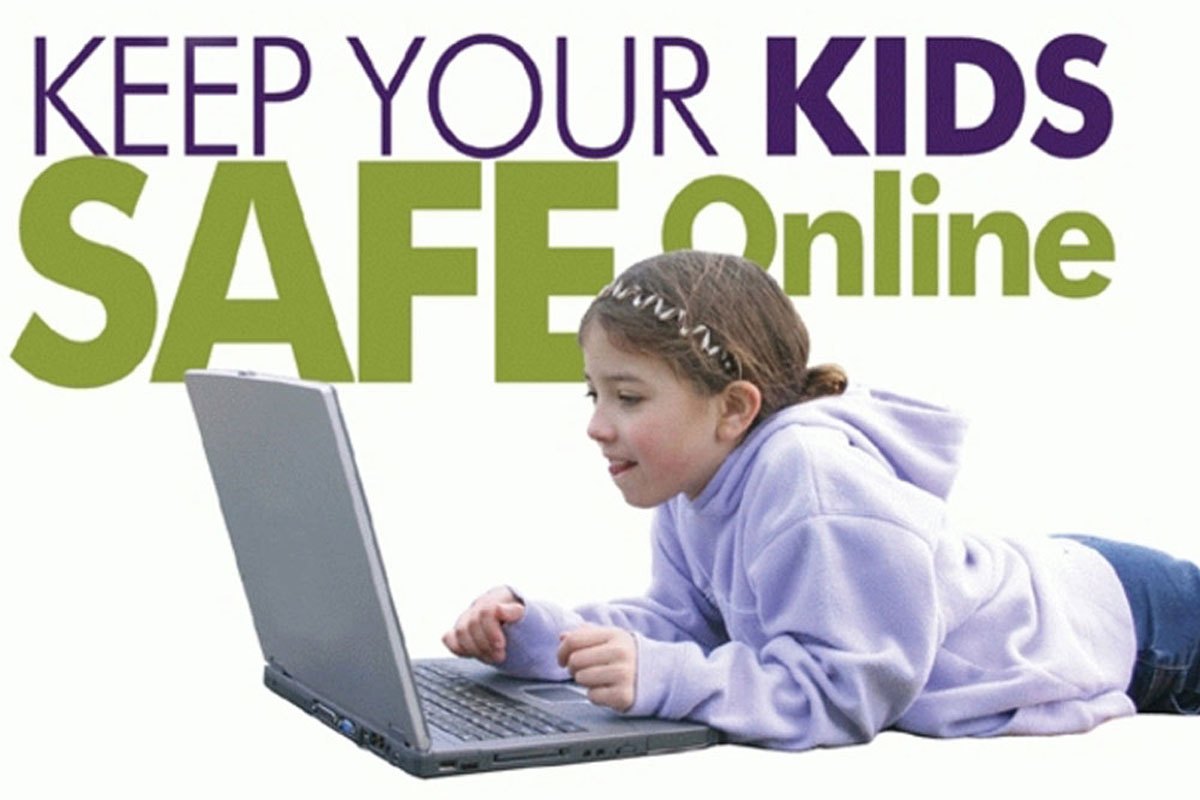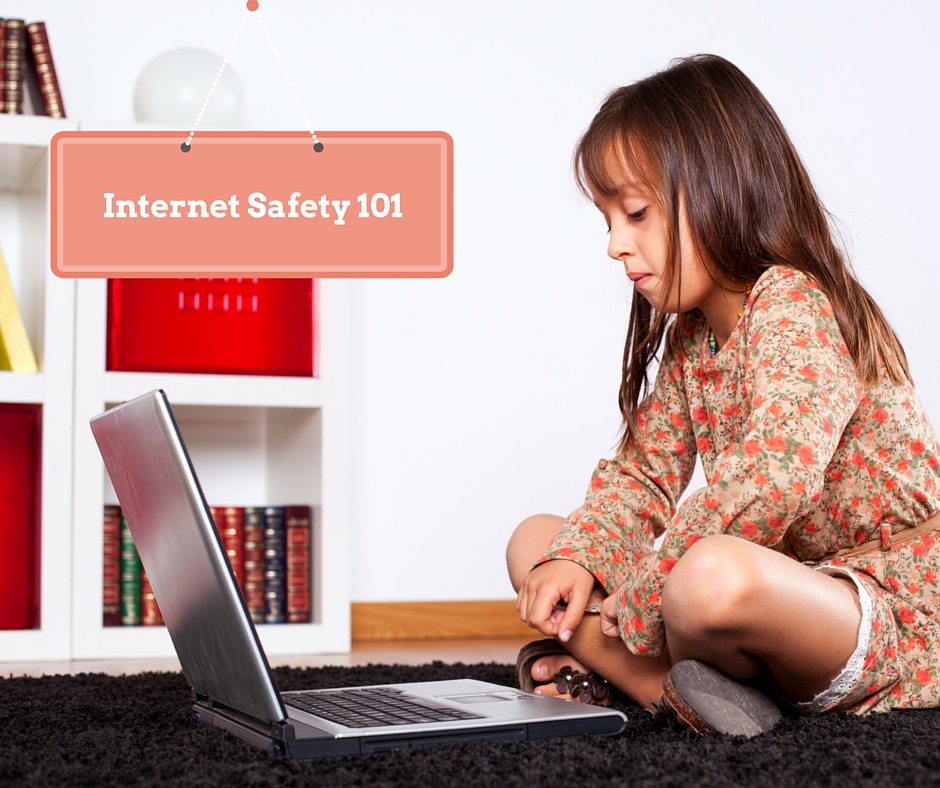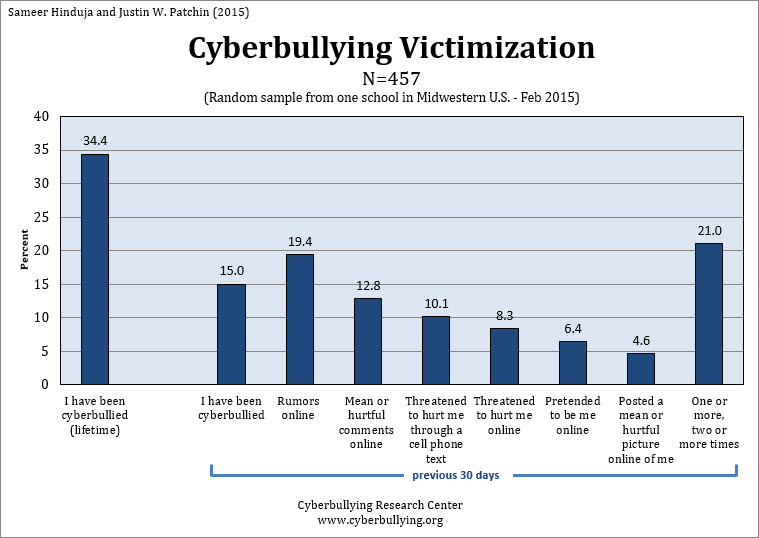The internet is an ocean that provides bountiful information on just about everything. For kids in school or even older kids going to college, being safe on the internet is one of the most important things to learn. As parents, it is your responsibility to show your kids how to get the good stuff from the web and how to stay away from the bad.
I have an 8-year-old son, and these are the tips that I’ve followed so far to keep him safe online. These are the absolute essentials of internet safety for kids. Have you done all of this yet?
Things to Do to Keep your Child Safe Online
- Supervise all connected devices in your home: Whether it’s a smart TV, a PDA or an iPhone, be sure you keep track of when and how your child is using these devices. You can set a fixed schedule for them to go online, and place your Mac or PC in an open area where you can keep an eye on it. Don’t think of it as spying on your kids; you’re doing this for their safety’s sake, not to gatecrash their privacy.
- Set parental and privacy controls: Every browser has its own set of parental controls that you can customize depending on the age of your child. For smaller children under the age of 8, use the maximum restrictions possible. You can set it to specific websites that they’re allowed to visit and so on.
- Know your child’s online friends: This is a critical component of internet safety for kids. Know what social media sites your child is on and make sure you approve of the friends they have. Not to scare you, but a 2005 University of New Hampshire study showed that 13% of youth were sexually solicited by online predators. So know who your kids are connected to online. I cannot emphasize this enough.
- Supervise the photo and video content they share: These are the types of content that most online predators keep searching for to find their target, so be sure you know what content your child is uploading to the internet.
- Segregate your own content on shared devices: Your own content may not be suitable for your kids. Things like adult movies or those with excessive violence or sexual content should not be on devices that your kids use.
- Discourage webcam use and video calls unless it’s with family: Online predators and pedophiles are constantly looking to get kids on live video, so if you have to put your foot down and make this a rule, then do it.
- Be on your child’s friends list so you know what they’re posting: This is important because you need to stay on top of what your kids are posting, sharing or viewing in social media.
- Keep an open channel of communication: This is the most important one of all because it shows your child that they’re free to talk to you about anything. If they’re victims of cyberbullying or feel uncomfortable with a particular friend’s messages, they should be able to come to you with their problems. In today’s world of information and gadgets, too many families spend “quality time” stuck to their smartphones and tablets that they don’t talk anymore.
- Teach your child how to safeguard their own and others’ personal information: To a child, posting a phone number or address online might seem like an innocent act, but that’s where online crimes often begin. Talk to your child and show them the importance of data privacy – for their own personal information as well as that of others.
- Teach your child how to deal with cyberbullies: Cyberbullying is one of the most traumatic of experiences for a child. Surprisingly, it is one of the least addressed issues today. The best way to find out if your child is being bullied is to look for signs. Is a normally happy child suddenly hesitant to go to school? Do they stop using the internet all of a sudden? Are they reluctant to talk about school? A heart-rending 35% of all school kids have been subjected to cyberbullying in one way or other, so don’t take this lightly.
What Else Can You Do for Internet Safety for your Kids?
As a concerned parent there may be any number of things you’re willing to do to keep your child safe online, but educating them and communicating with them in a friendly manner is possibly your biggest weapon against cybercrime attempts against your kids. Talk about issues with the internet, explain why you don’t want them to do a particular thing. Don’t take the “Do it because I told you so” approach. That might make them retaliate even more and make it even harder for you to protect them online.
Be their friend and mentor in the internet experience, and teach them about the wonderful things that the internet has in store. Teach them to be responsible individuals who are accountable for their actions. Above all, teach them to speak up when something isn’t right – even if it means they point a finger at your own internet practices. Remember, kids rarely do what you say, but you can bet your last dollar they will do what you do.
If you’re reading this on Apple News, please favorite the 1RedDrop channel (next to our logo) to add us to your news feed, or Like our page on Facebook. Please bookmark our site for more insightful articles on current and future technologies that are changing our lives.





